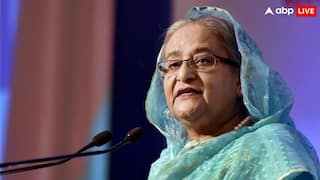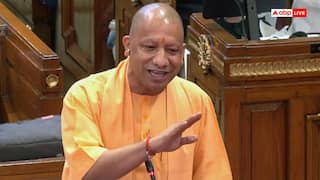Delhi Court Acquits Journalist Priya Ramani In Criminal Defamation Case Filed By MJ Akbar
Delhi Court on Wednesday acquitted journalist Priya Ramani in the criminal defamation case filed by former Union Minister MJ Akbar.

New Delhi: A Delhi Court has acquitted Priya Ramani in the criminal defamation case filed by former union minister MJ Akbar. The case was filed in response to her allegation of sexual harassment. ALSO READ | Rape Convict Asaram Bapu Admitted In Jodhpur Hospital After Complaining Of Chest Pain & Restlessness
Stating that a "woman has right to put her grievance even after decades" a Delhi Court on Wednesday acquitted journalist Priya Ramani in the criminal defamation case filed by former Union Minister MJ Akbar.
The allegations of sexual misconduct against MJ Akbar had come in during the peak of the #MeToo movement in 2018.
Priya Ramani was the first woman to accuse MJ Akbar of sexual harassment in an article in 2017 and a tweet in 2018, alleging that he had sexually harassed her during a job interview in 1994. Over 20 women then accused Akbar of sexual harassment during the time they had worked with him as journalists.
After that, Akbar filed a complaint against Ramani on October 15, 2018, for defamation caused by the allegations. He was forced to resign as Union minister on October 17, 2018, even as he denied all the allegations of sexual harassment against the women who came forward during the #MeToo campaign against him.
Akbar's lawyers, last month, had contended that Ramani "deliberately, intentionally, maliciously" destroyed evidence by deleting the Twitter account and there was not an iota of truth in her story.
The court, while acquitting Priya Ramani on Wednesday, stated in its order that a woman has the right to submit her complaint even after years since the incident occurred. The court commented that a person who has a good social standing can also turn out to be a sexual harasser.
"Sexual abuse takes away dignity and self-confidence. Right of reputation can't be protected at the cost of the right to dignity," it added.






































